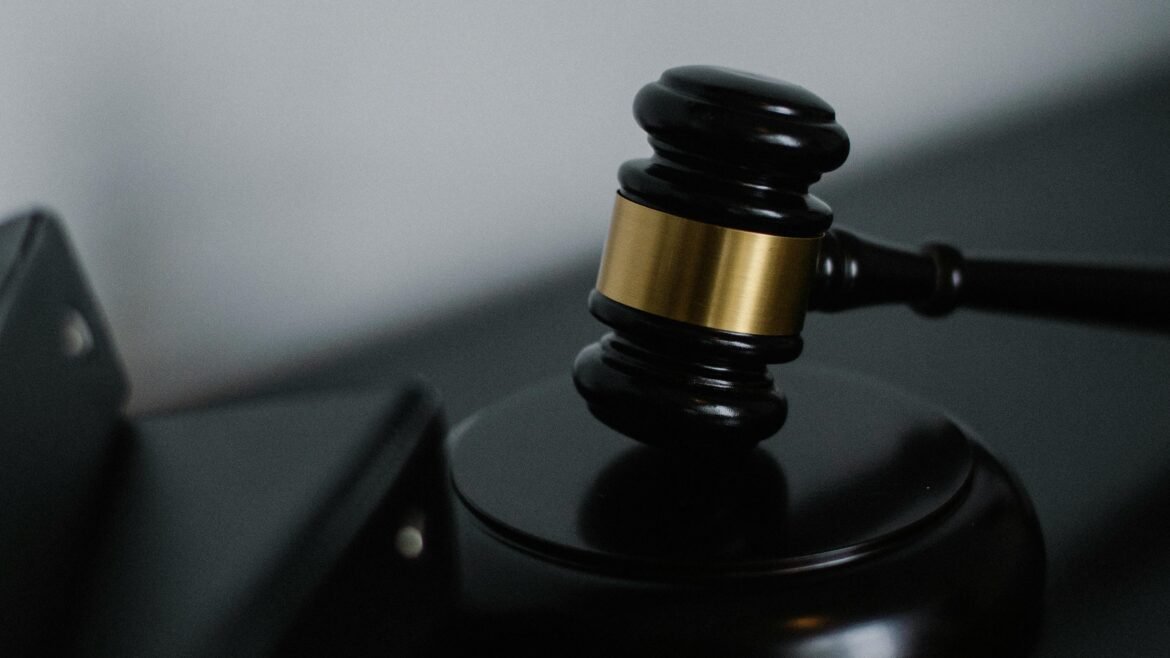As per Section 389 of the Criminal Procedure Code (for short ‘CrPC’), a convict facing a sentence may have it suspended for legitimate reasons if he files an appeal with the appellate court.
However, these appellate courts must document the reasons in writing prior to the suspension. But before passing of such suspension order, the court shall give opportunity to the Public Prosecutor for showing cause in writing against such release. If the criminal is detained, he may be freed on bond or under bail.
The Supreme Court, in its recent case, Shivani Tyagi versus State of U.P. & Anr. 2024 SC 333, observed that the mere factum of sufferance of incarceration in a case where life imprisonment is imposed, cannot be a reason for invoking power under Section 389 of CrPC without referring to the relevant factors.
BACKGROUND OF THE CASE: –
a) The victim was left permanently disfigured after suffering terrible injuries, including deep burns, as a consequence of a vicious acid attack.
b) The accused were convicted under Sections 307/149 and 326A/149 of Indian Penal Code (for short ‘IPC’).
c) An appeal was filed against suspension of sentence granted to the convict under Section 389 of CrPC.
ISSUE:
a) Whether the court correctly suspended the convict’s sentence in accordance with Section 389 of the CrPC?
b) Whether the court gave sufficient weight to the seriousness of crime and the other pertinent considerations before granting the convicted parties bail?
COURT ANALYSIS AND JUDGMENT:
a) The Supreme Court in the instant case emphasized the need for comprehensive and objective assessment of important factors when deciding the plea under Section 389 of the Cr.P.C.
b) The Court emphasised that suspension of conviction wherein conviction is with regards to the serious offences, rejection of sentence should be a normal rule and suspension be an exception.
c) The court’s decision setup a precedent by emphasising that, in circumstances of serious acts, particularly those that result in permanent disfigurement like acid attacks, the suspension of punishment should be the exception rather than the rule. This demonstrates the court’s determination to prevent financial settlements from demeaning severe crimes like acid attacks.
d) The instant case states that factors like nature of the offence held to have committed, the manner of their commission, the gravity of the offence, and also the desirability of releasing the convict on bail are to be considered objectively and such consideration should reflect in the consequential order passed under Section 389, Cr.PC.
OUTCOME OF THE CASE:
Decision
a) The Appeals filed by the victim, were allowed, leading to the setting aside of the impugned order granting suspension of sentence and bail to the accused.
CONCLUSION:
a) The verdict establishes a crucial legal precedent that will influence how serious crimes such as acid attacks are handled in India going forward.
b) It underlines the need for careful legal analysis and the evaluation of the gravity of the offence and its effect on the victim when determining whether to suspend sentences or grant bail.



